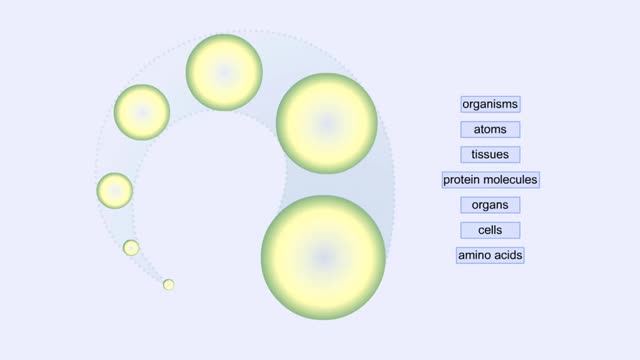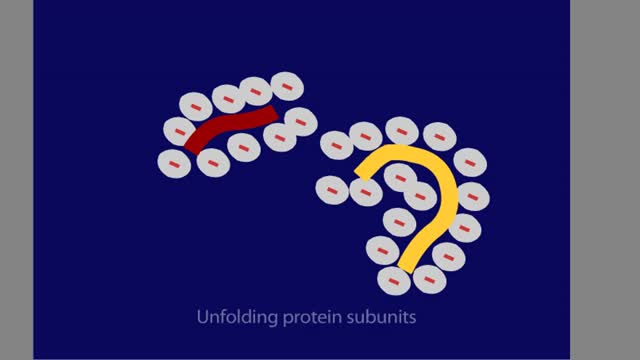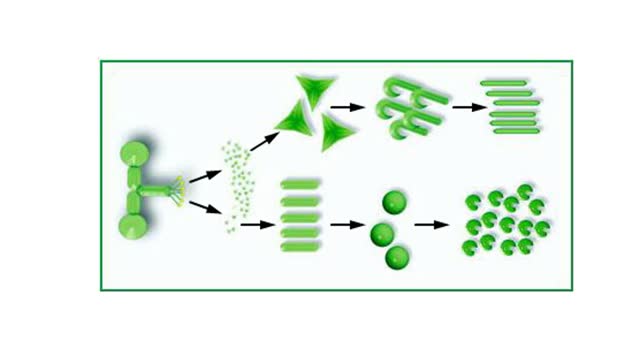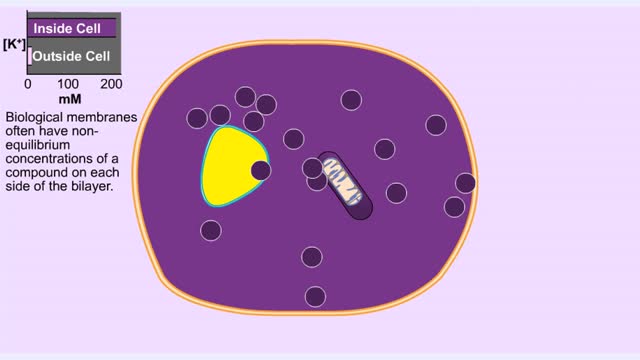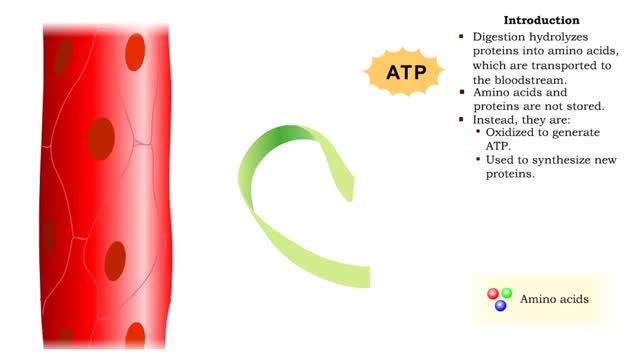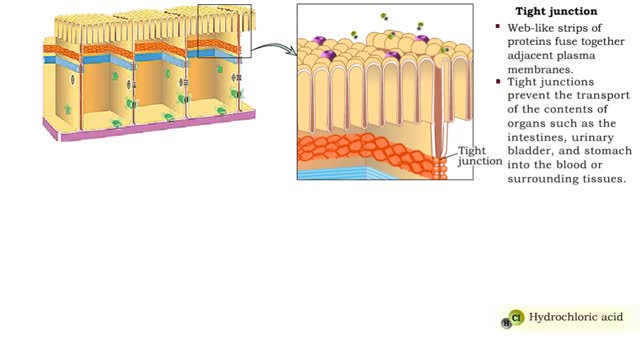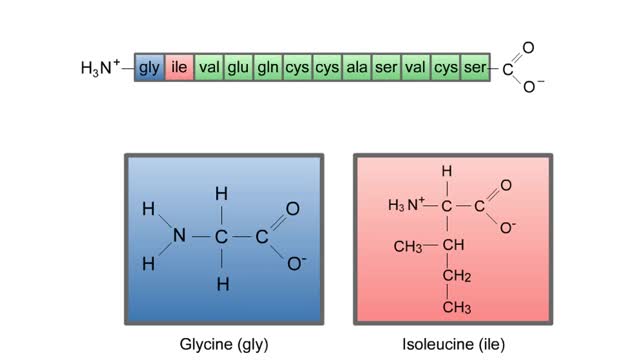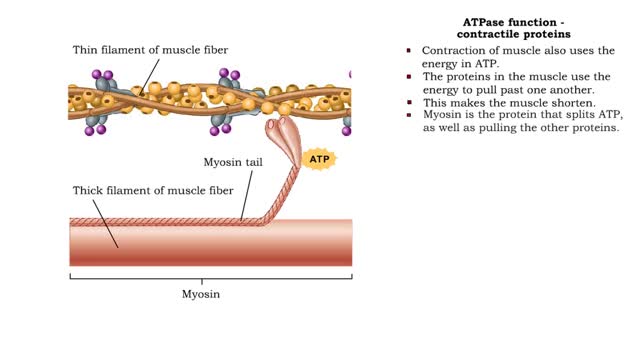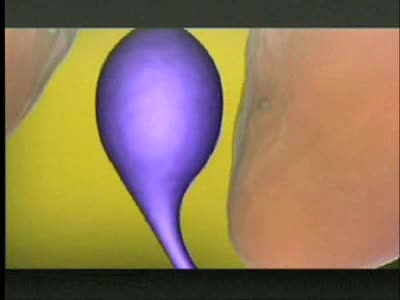Search Results
Results for: 'viral proteins'
Proteins Defined, Hierarchy & Composition of Cells
By: HWC, Views: 10523
Proteins are long chains of amino acids linked together by peptide bonds. Together with the other three biological macromolecules—carbohydrates, lipids, and nucleic acids—proteins are the building blocks of cells. Proteins are the most complex and abundant biological macromolecules in cel...
Power Supply Polyacrylamide Gel Protein Sample
By: HWC, Views: 10297
SDS-polyacrylamide gel electrophoresis is a powerful tool, which resolves proteins according to their molecular weights. Because proteins differ in size, shape, and charge, a protein sample is first denatured with the anionic detergent SDS. When the sample is heated, the SDS molecules bind to ...
By: HWC, Views: 7857
Formation of membrane attack complexes. Complement proteins can activate when they bind to antibodies that are bound to a pathogen. Complement proteins also activate when they bind directly to bacterial surfaces. Cascading reactions yield huge numbers of different types of complement protei...
Membrane Protein and Facilitated Transport (Passive Vs Active)
By: HWC, Views: 10656
Membrane proteins are common proteins that are part of, or interact with, biological membranes. Membrane proteins fall into several broad categories depending on their location. Integral membrane proteins span the membrane, with hydrophobic amino acids interacting with the lipid bilayer and hy...
Protein catabolism - deamination
By: HWC, Views: 11222
• Digestion hydrolyzes proteins into amino acids, which are transported to the bloodstream. • Amino acids and proteins are not stored. • Instead, they are: • Oxidized to generate ATP. • Used to synthesize new proteins. • Converted to carbohydrates or lipids for storage (if e...
Junction Types - Tight and Adherens Junctions
By: HWC, Views: 11454
Many tissues contain in tercellular junctions between cells. 1. Tight junction 2. Adherens junction 3. Desmosome 4. Hemidesrnosome 5. Gap junction 1. Tight junction • Web-like strips of proteins fuse together adjacent plasma membranes. • Tight junctions prevent the transport...
By: HWC, Views: 10030
Living things must accomplish a great number of tasks just to get through a day, and these tasks are accomplished by a diverse range of biological molecules. In the range of tasks that molecules accomplish, however, proteins reign supreme. Almost every chemical reaction that takes place in living...
ATPase function - membrane transport, contractile proteins and synthesis
By: HWC, Views: 11464
• Energy from ATP is used to move ions across the cell membrane during active transport. • This membrane protein transports sodium out of the cell and potassium into the cell. As such, it is called a sodium-potassium pump. • Because this pump also acts as an enzyme to hydrolyze ATP it i...
By: Administrator, Views: 14327
Herpes simplex is a viral infection caused by the herpes simplex virus. Infections are categorized based on the part of the body infected. Oral herpes involves the face or mouth. It may result in small blisters in groups often called cold sores or fever blisters or may just cause a sore throat. G...
Advertisement



